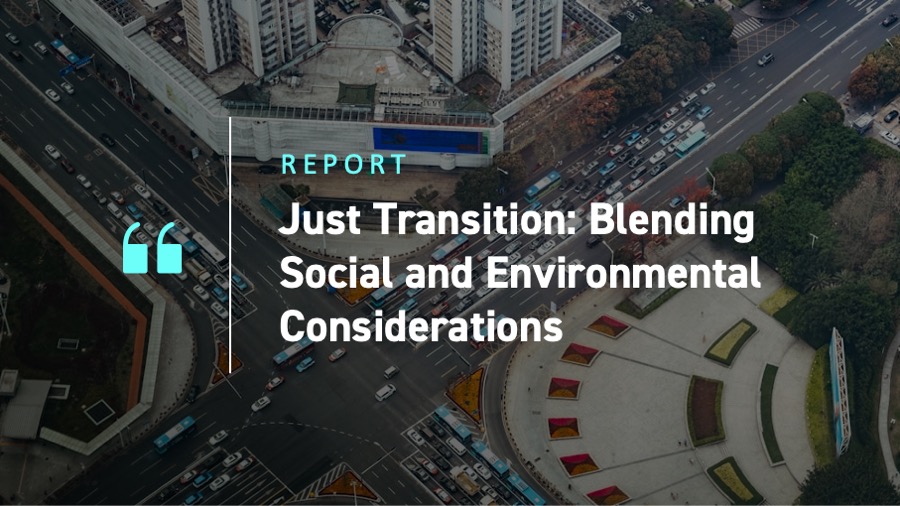Just Transition: Blending Social and Environmental Considerations
Below is the introduction to ISS’ recently released paper “Just Transition: Blending Social and Environmental Considerations”. The full paper is available for download from the ISS Governance online library. Climate change mitigation efforts are sometimes accused of neglecting the human angle, even to the point of harming workers and communities. There is a growing emphasis driven […]

Below is the introduction to ISS’ recently released paper “Just Transition: Blending Social and Environmental Considerations”. The full paper is available for download from the ISS Governance online library.
Climate change mitigation efforts are sometimes accused of neglecting the human angle, even to the point of harming workers and communities. There is a growing emphasis driven in large part by labor and environmental justice groups to ensure decarbonization efforts include a fair and equitable “just transition” that identifies potential effects on various stakeholders, including employees and communities, and strives to mitigate negative impacts.
Some investors and some proponents of shareholder proposals are actively concerned about the potential social impacts of corporate climate strategies—including efforts to reduce emissions and to offer products that further a low-carbon economy—on such wider stakeholders to help deliver a “just transition” – that is, climate transition impacts that are as socially just as possible. In the past few years, there has been an emergence of “just transition” shareholder resolutions, commitments and initiatives, and requests for disclosure metrics related to the impact of corporate climate strategies on various stakeholders. These developments, recent strikes at, for example, U.S. auto manufacturers, and research indicating that meeting corporate net-zero goals could affect several million jobs across multiple industries over coming years, suggest the call for fair and equitable approaches to decarbonization will likely continue to grow as an issue.
By:
Michael Ellis
Colleen Lloyd






















